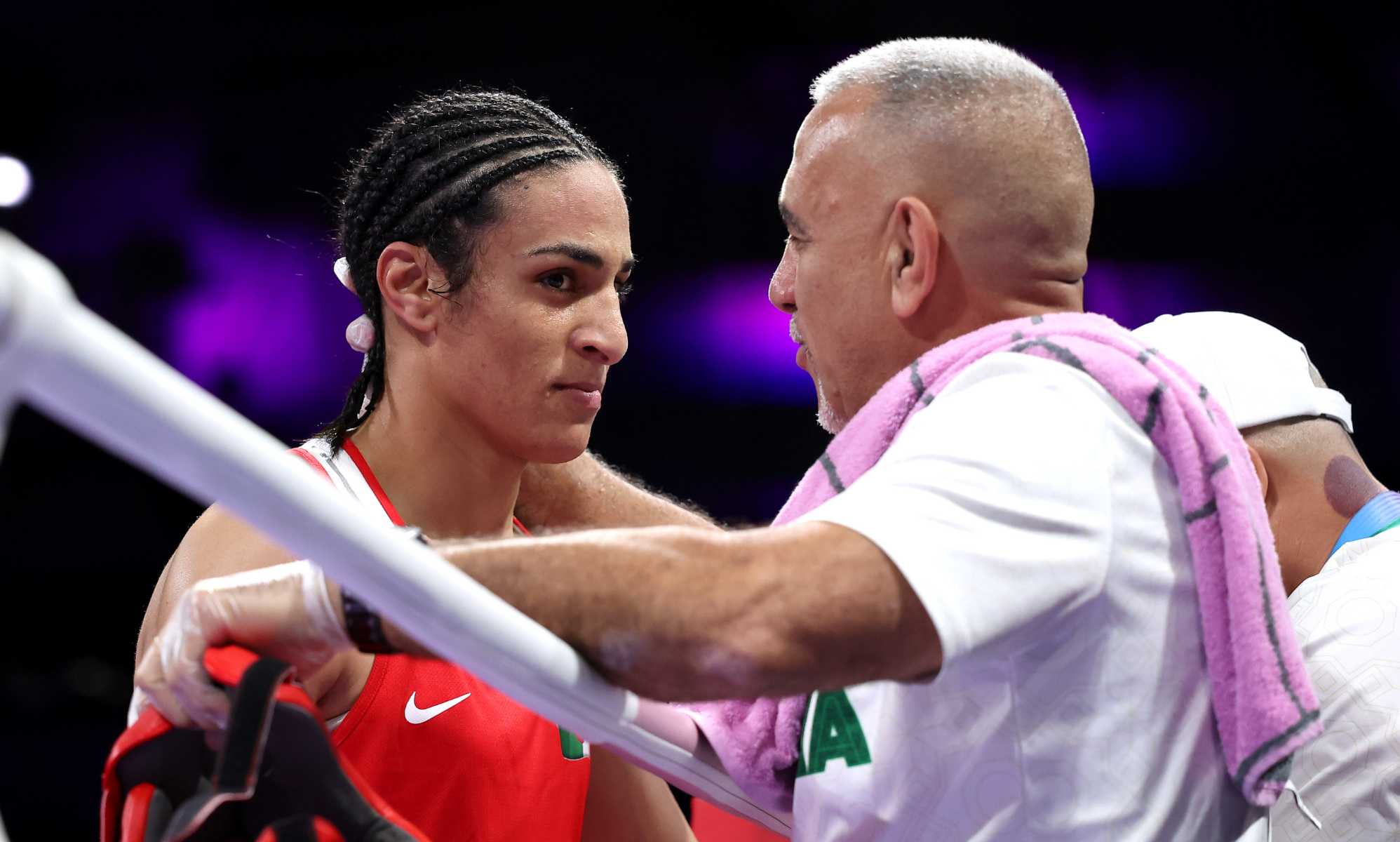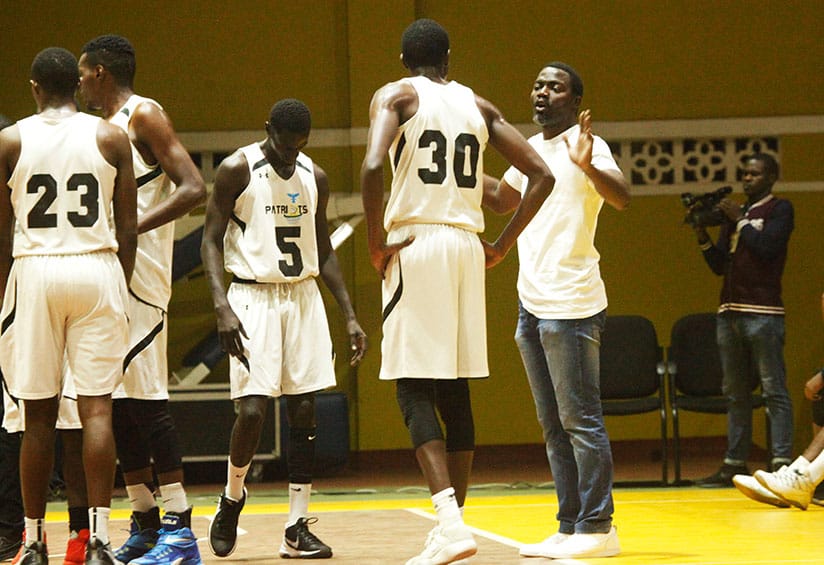In a significant development in the realm of sports, Imane Khelif, the renowned Olympic gold medalist in boxing, will undergo a gender test as mandated by sports authorities. This requirement has emerged in the wake of increasing attention on policies regarding gender verification and inclusion in competitive athletics. Khelif’s exceptional achievements have brought her to the forefront of the boxing world, but this recent directive has placed her situation under a spotlight, raising questions about the intersection of athletics, gender identity, and fairness in competition.
Khelif, who celebrated her remarkable performance at the Olympic Games, is recognized not just for her skill and determination but also for her inspirational journey within a sport that has historically been dominated by intense competition and physical prowess. As an athlete who has broken barriers in a traditionally male-dominated arena, Khelif’s story resonates with many aspiring sports enthusiasts. However, the situation surrounding her requirement to participate in a gender test introduces complexities that go beyond athletic achievement.
The mandate for a gender test follows the guidelines established by various sporting bodies, particularly the International Olympic Committee (IOC), which has been navigating the evolving landscape of gender inclusion in competitive sports. The IOC’s approach aims to ensure fair competition while also recognizing the rights of all athletes, including those whose gender identities may not align with traditional classifications. This balancing act has proven to be contentious, often leading to heated discussions within both the sports community and society at large.
Khelif’s case exemplifies the broader discussions regarding the integrity of competition and the often controversial nature of gender verification processes. These tests are traditionally employed to ensure that athletes are competing as their declared gender. However, the implications of such tests have prompted debates among feminist scholars, human rights activists, and medical professionals, who question the ethical ramifications and the ability of such tests to accurately determine gender.
Critics argue that gender testing can stigmatize athletes, contributing to mental distress and further marginalizing individuals who do not conform to binary gender definitions. Supporters, on the other hand, contend that these measures are necessary to maintain a level playing field in competitive sports. As the debate unfolds, it is evident that athletes like Khelif find themselves at the epicenter, caught between the demands of regulatory frameworks and the evolving understanding of gender in society. The implication of such tests on Khelif’s career raises concerns about the potential impact on her athletic trajectory and personal well-being. As she prepares to navigate this situation, the public and sporting community are closely monitoring developments, reflecting a blend of support and scrutiny.
Moreover, the announcement has resonated with various stakeholders in the sports world, including sports federations, coaches, and fellow athletes. Many have expressed solidarity with Khelif, acknowledging the pressures that come with competing at elite levels where scrutiny is often magnified. This collective response underlines a growing movement towards inclusion and respect for diversity in sports, even as traditional norms are challenged.
It is crucial to highlight that the World Boxing Association and other governing bodies have expressed their commitment to reviewing and potentially reforming their policies as discussions evolve. This acknowledgment signals a willingness to engage in dialogue concerning inclusivity and fairness, indicating that change may be on the horizon as institutions recognize the importance of adapting to contemporary societal understandings of gender.
As Khelif embarks on this challenging chapter, her resilience, both as an athlete and as a person, will be paramount. The support of the sports community will play a vital role in shaping her experience in the face of the challenges posed by the gender testing mandate. Furthermore, this situation has opened avenues for essential discussions surrounding gender identity and its place within the competitive sports framework, urging policymakers and athletes to reassess existing regulations and practices.
Looking ahead, the outcome of this situation could set precedents for how other athletes might be treated under similar circumstances. The case may illuminate the urgent need for greater sensitivity and understanding in how gender issues are approached within sports. As the sporting landscape continues to evolve, the implications of Khelif’s experiences may inspire changes that foster a more inclusive and equitable environment for all athletes.
In conclusion, while the requirement for Imane Khelif to undergo a gender test might appear as a mere regulatory action, it embodies a deeper narrative of identity, fairness, and the evolving nature of competition in sports. As discussions surrounding gender and athletics continue to unfold, Khelif’s journey serves as both a pivotal moment in sports history and a catalyst for broader conversations on gender inclusivity in the arena of competitive athletics.


